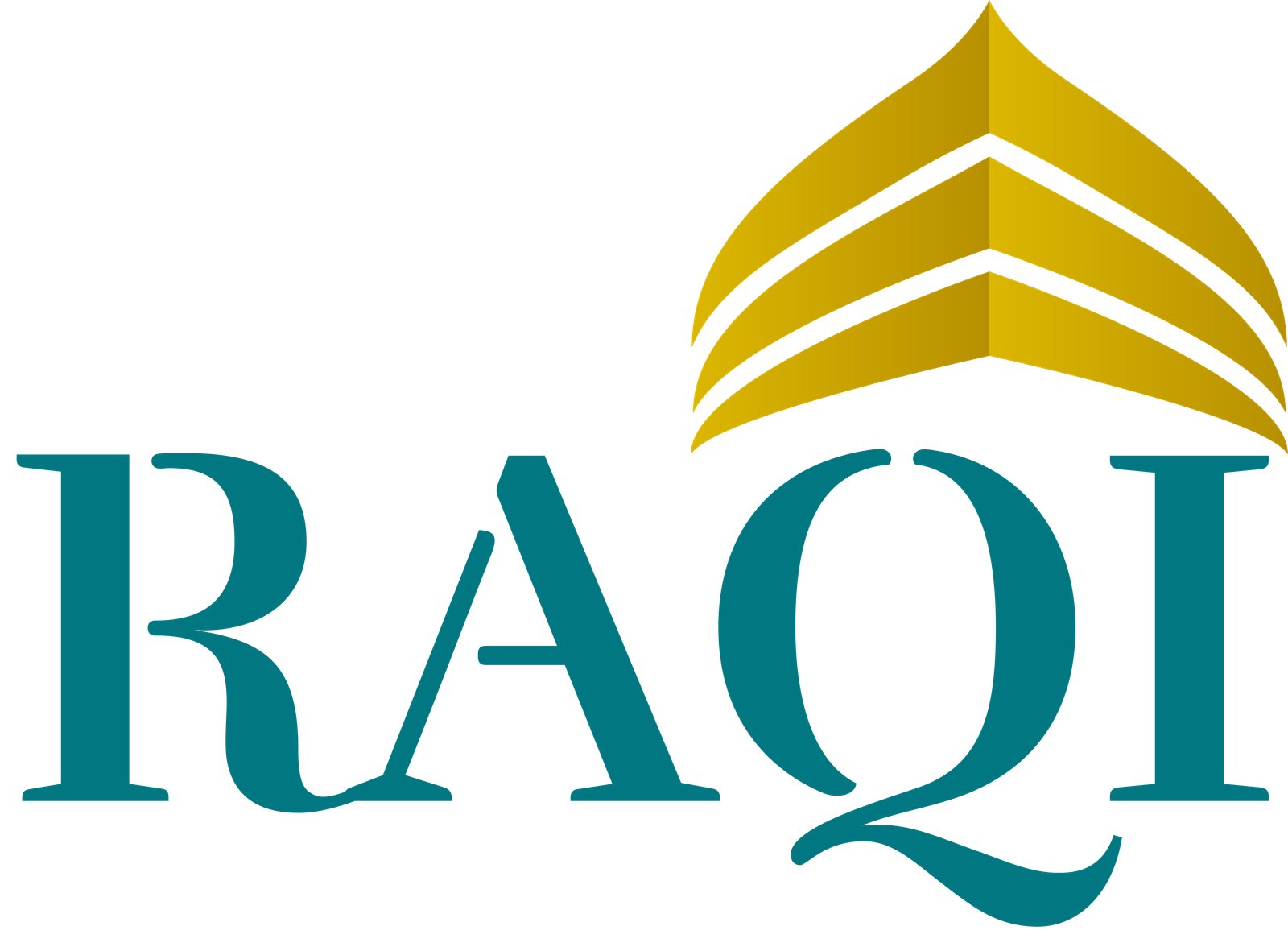Discovery Dive

About Burnout
Burnout is a syndrome of emotional exhaustion, depersonalization, and reduced personal accomplishment that can occur among individuals who work with people in some capacity.
A key aspect of the burnout syndrome is increased feelings of emotional exhaustion, as emotional resources are depleted, workers feel they are no longer able to give of themselves at a psychological level.
Another aspect of the burnout syndrome is the development of depersonalization, that is, negative, cynical attitudes and feelings about one’s clients. This callous or even dehumanized perception of others can lead staff members to view their clients as somehow deserving of their troubles.
A third aspect of the burnout syndrome, reduced personal accomplishment, refers to the tendency to evaluate oneself negatively, particularly with regard to one’s work with clients. Workers may feel unhappy about themselves and dissatisfied with their accomplishments on the job.
The consequences of burnout are potentially very serious for workers, their clients, and the larger institutions in which they interact. –From the Maslach Burnout Inventory Manual, 1996
Stage one
Uncover the hidden aspects of your workplace environment with our sophisticated Assessment Stage. Utilize tools like Maslach Burnout Inventory™ and Areas of Work-Life Survey for an in-depth analysis.

the Maslach Burnout Inventory (MBI) Assesses:
Emotional Exhaustion
Feelings of being emotionally overextended and exhausted by work.
Depersonalization
Unfeeling and impersonal responses toward patients or customers.
Personal Accomplishment
Feelings of competence and successful achievement in one’s work with customers.
The Maslach Burnout Inventory (MBI) is recognized as the leading measure of burnout and validated by 35+ years of extensive research. The MBI measures burnout as defined by the World Health Organization (WHO) and it is used in 88% of burnout research publications.

The Areas of Worklife Survey (AWS):
Workload:
Amount of work to be done in a given time. Workload measures the extent to which work demands spill into one’s personal life. It reflects the social, physical, and intellectual burden of work demands.
Control:
Opportunity to make choices and decisions, to solve problems, and to contribute to the fulfillment of responsibilities. Control is the participation in important decisions about work and the range of professional autonomy.
Reward:
Financial and social recognition received for contribution on the job. Reward includes praise, awards, perks, and salary.
Community:
Quality of the social context at work, encompassing relationships with managers, colleagues, subordinates, and patients.
Fairness:
The extent to which the organization has consistent and equitable rules for everyone, or the quality of justice and respect at work.
Values:
What matters to the individual in their work. The focus is the consistency between personal values and the values inherent in the organization.
The Areas of Worklife Survey (AWS) assesses employee perceptions of workplace attributes that may determine whether they experience work engagement or burnout. The AWS is a brief companion questionnaire to the MBI with demonstrated reliability and validity across a variety of occupational settings. The resulting profile of scores permits users to identify key organizational areas of strength or weakness, and it applies to small workgroups or summary profiles across large organizations.
MBI & AWS Length
Average completion time
Ideal Target Population
